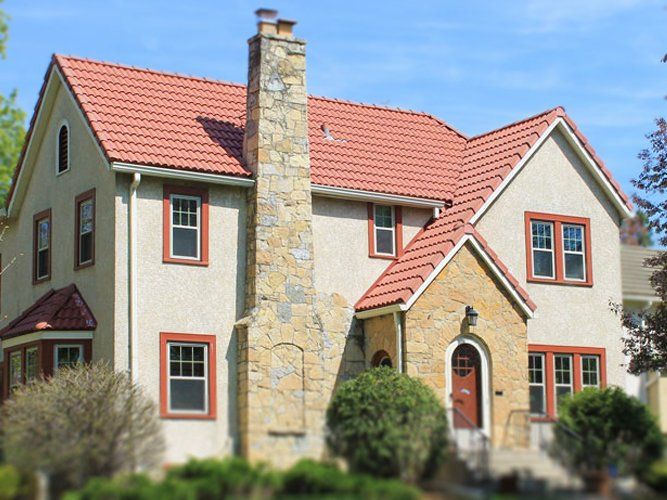


All rechargeable batteries (Nickel Cadmium, Alkaline, Nickel Metal Hydride, small sealed Lead Acid and others) should be brought to WLSSD’s Household Hazardous Waste Facility for recycling.Regular Alkaline batteries (AA, AAA, C, D, 9 volt) can be placed in household trash.Waste batteries may contain heavy metals that can find their way into the environment if the batteries are not disposed of properly.

#ROOFS R US MINNESOTA LUKE VOGEL PORTABLE#
Household batteries include both single-use and rechargeable dry cell batteries used to power toys, cameras, radios, flashlights, hearing aids, cell phones, and many other portable products. Asbestos cement or adhesive, cement asbestos board (called CAB or Transite TM)ĭo not disturb asbestos because the fibers, which are too small to see, can become air-borne and can be inhaled.Roofing, roof patching compound, shingles, slate-like siding, & stucco.Floor coverings such as vinyl floor tile, sheet vinyl, vinyl adhesive, & linoleum.Insulation from wood-burning stoves and oil, coal, or wood furnaces.Textured sprays or surface material on walls & ceilings.Materials that may contain asbestos are commonly found in older homes and may include: WLSSD’s Materials Recovery Center can accept these materials for disposal with proof from a certified laboratory that they are free of asbestos. Some materials look like they may contain asbestos, but they don’t. Asbestos waste cannot be accepted at WLSSD facilities. Asbestos can be brought to Waste Management Voyageur Landfill or Veit Landfill Services with advance appointments.Rolls of bags can be purchased at Viking Industrial North, 4730 Grand Ave Duluth, 624-4851 Asbestos waste must be double-bagged inside an approved asbestos labeled bag.Exposure to fibers can cause serious health concerns. It was used in many household and commercial applications. Asbestos is a lightweight mineral fiber that is strong and heat-resistant.


 0 kommentar(er)
0 kommentar(er)
